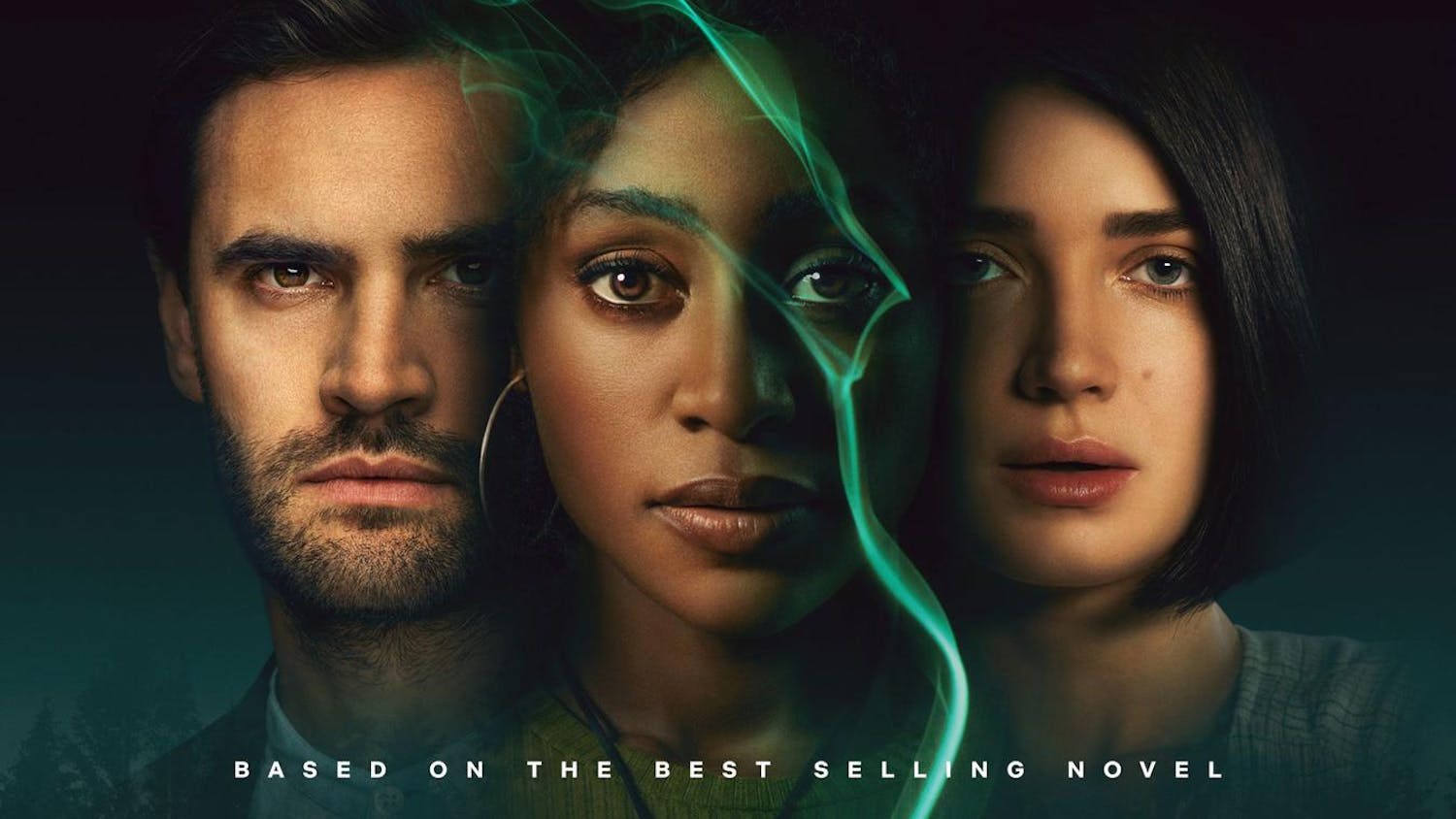At 5:32 p.m. this past Jan. 12, I tweeted “There was Didion, there was Sontag. Then there was Bradshaw,” which is the kind of stupid joke that I find funny, but also a statement that I kind of mean in the middle of a days-long Sex and the City marathon. While Joan Didion and Susan Sontag were some of the most prominent essayists of the 20th century, Carrie Bradshaw was a television character played by Sarah Jessica Parker from 1998 to 2004, and I do think that Carrie Bradshaw was another kind of voice-of-a-generation. As someone who is easily sick of television, the shrewdness of the show has struck me during my ongoing rewatch.
For all those readers unenlightened, Sex and the City follows four career-minded women as they search for love and happiness in their thirties. They’re navigating sex! In — you guessed it — the city! Miranda is the no-nonsense lawyer, Charlotte is the art dealer WASP with a heart of gold, Samantha is the sexually-liberated publicist and it's all narrated by Carrie, the freelance columnist with an unrealistically large apartment and a shoe addiction. If you’ve never seen it, I’m sure that you’ve already decided that it’s incredibly boilerplate and dated just from my description. When my mom, a longtime fan of the show, found out I was watching it, she told me she was sure I would find it to be so. But I do not. While any decades-old show has its share of jokes that do not hold up, the whole thing is not a throwaway. Not only is it as entertaining as the next sitcom, it also frequently speaks to social dynamics and ideas around sex that have remained in discussion nearly thirty years after Sex and the City premiered.
As a friend and I argued over the merits of sleeping with someone on the first date, I paused and said, “There’s an episode of Sex and the City about this.” Another friend concerned about settling for someone they’re not sure they find attractive? Another weighing the merits of not fully seeing things through with someone they’re dating? Another unsure if they should acquiesce to the norms of heterosexual sex? There’s an episode about that! We often end up watching these episodes and coming to Carrie’s same conclusions. Of course, Sex and the City is not the first or the last show to depict issues that we actually experience in our lives. However, it is singular not just because its 30-minute plots are dilemmas that people actually care about, but also because it handles these issues without an overreliance on archetypes and tropes.
Women love to debate which of the four they and their friends are. It's more desirable to be the cool Samantha or the effortlessly charming Charlotte if you’re an occasional viewer who sees Carrie as too whiny or Miranda as too tough. However, if you’re paying attention, none of the women slot so easily into these broader archetypes. Miranda is tough and overly career-focused, but she also worries about her desirability and her work-life balance. This is seen in the episode where she worries that no one wants to have a threesome with her and in the one where she works up the courage to ask her boss for better hours once she has a baby. Friends, as beloved as it is, is an example of a show that fails to maintain the complexities of its characters as it drags on. The later seasons are nearly grating, as Monica becomes an extreme clean freak, Ross becomes pathetic and weird and Joey and Phoebe become mind-numbingly stupid.
Fans of the show love to hate Carrie because she constantly makes terrible decisions, but I am a Carrie defender because the writers never Flanderize her or employ her stupid decisions solely to irritate you. One of her most cringe-worthy: showing up to Big’s church to spy on him and his mother after he rebuffed Carrie’s attempts to meet the woman. When Carrie is hurt that Big’s mother has never heard of her, you want to shout at your television, because of course she hasn’t! You don’t though, because as ridiculous as it is, Carrie only pulled the shenanigan because she was denying that she could feel so deeply for someone who didn’t reciprocate, and who hasn’t been there. Carrie can be selfish, easily irritable and like any good friend, a bad one sometimes. It doesn’t make her a good person, but it does make her a realistic woman that others can relate to, especially in her most insecure and heart-on-her-sleeve moments.
For the college-aged girl, Sex and the City persists as a reminder that it doesn’t all have to happen in your twenties. I don’t know if we’ll ever see another television show centered around thirty-something women who dress immodestly and question if they ever want marriage or kids. If we do, it certainly won’t be as successful and it probably won’t be as good, but that’s okay. The original holds up.
Chloe Asack is a junior in the College of Arts and Sciences. She can be reached at casack@cornellsun.com.











